HVAC Explained!

HVAC is a type of automation system that stands for heating, ventilation, and air conditioning. It is used to control the air quality and thermal comfort of the human environment. HVAC is based on the principles of thermodynamics, fluid mechanics, and heat transfer.
The basic working principle of HVAC is to transfer heat and moisture between the indoor and outdoor spaces. Depending on the season and the desired temperature, HVAC can either heat or cool the indoor air by using different components and processes.
The main components of an HVAC system are:
- A thermostat that senses the indoor temperature and signals the HVAC system to start or stop.
- A furnace that burns fuel (such as natural gas, oil, or electricity) to produce heat.
- A heat exchanger that transfers heat from the furnace to the air.
- A blower that circulates the heated or cooled air throughout the ductwork.
- An evaporator coil that cools the air by evaporating a refrigerant (such as Freon) that absorbs heat from the air.
- A compressor that pumps the refrigerant from the evaporator coil to the condenser coil.
- A condenser coil that releases heat from the refrigerant to the outdoor air by condensing it back to a liquid.
- A fan that blows the outdoor air over the condenser coil to help cool it down.
- A filter that removes dust, pollen, and other contaminants from the air.
The practical applications of HVAC are numerous and varied. HVAC can be used to provide comfort, health, safety, and efficiency in different types of buildings and environments. Some examples are:
- Residential buildings: HVAC can provide heating and cooling for homes, apartments, condos, etc. HVAC can also improve indoor air quality by filtering out pollutants and allergens. HVAC can also reduce energy consumption and costs by using programmable thermostats, variable speed fans, and high-efficiency equipment.
- Commercial buildings: HVAC can provide heating and cooling for offices, shops, restaurants, hotels, etc. HVAC can also enhance productivity and customer satisfaction by maintaining optimal temperature and humidity levels. HVAC can also save money and resources by using demand-controlled ventilation, energy recovery systems, and renewable energy sources.
- Industrial buildings: HVAC can provide heating and cooling for factories, warehouses, laboratories, etc. HVAC can also protect workers and equipment from extreme temperatures, dust, fumes, noise, and vibrations. HVAC can also optimize performance and quality by using process cooling, clean rooms, and precision control systems.
If you are looking for a reliable and professional company that can provide you with high-quality commercial HVAC services in Greensboro NC, you should contact SBS-NC, LLC. They have been serving the area for over 20 years with their expert team of technicians who can handle any type of commercial HVAC installation, repair, or maintenance. They offer competitive prices, fast response times, and 100% customer satisfaction guarantee. Whether you need a new commercial HVAC system or an emergency AC repair, AC Repairs Greensboro NC is your best choice. Contact them today for a free estimate! Call us today!
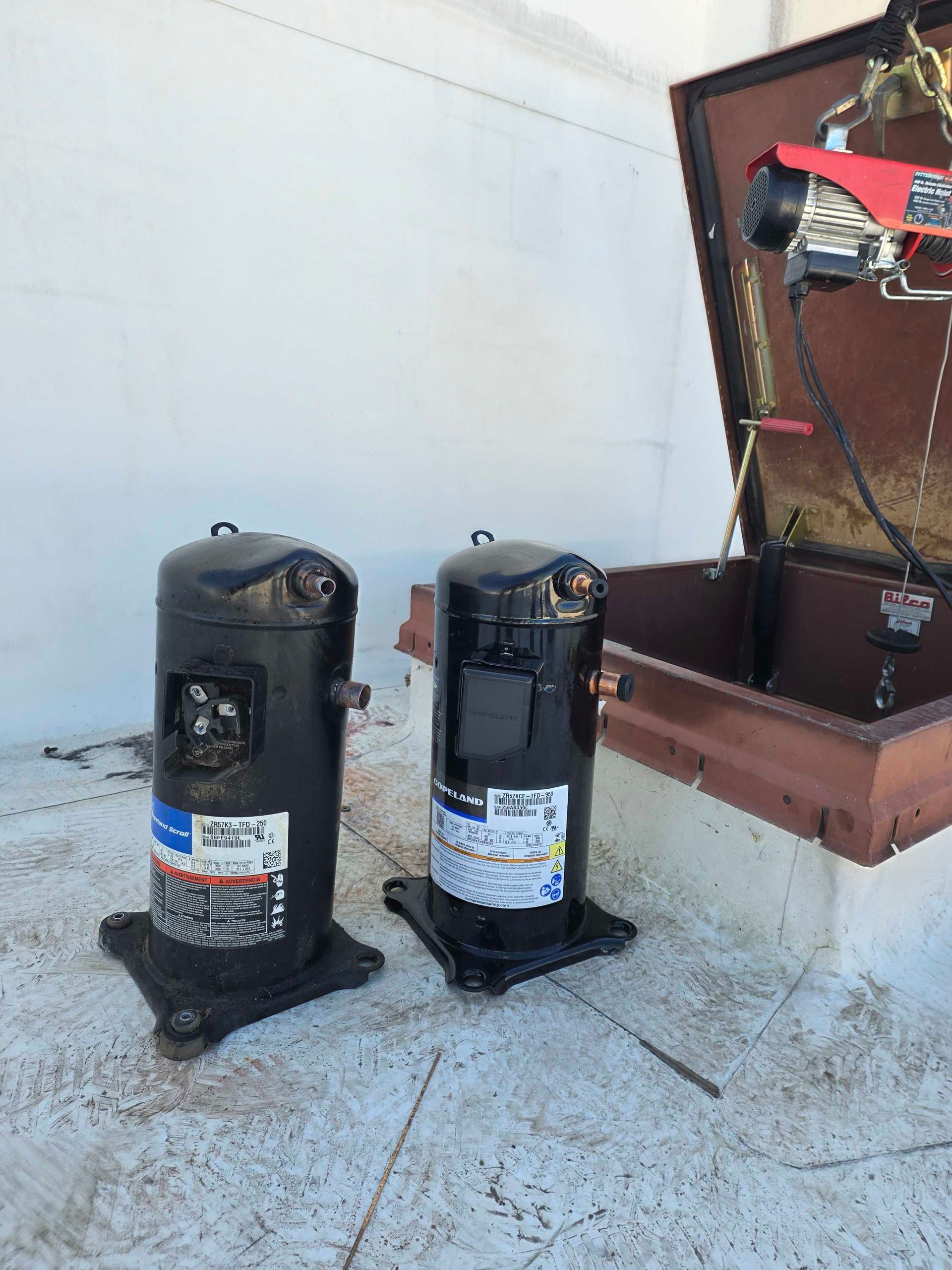

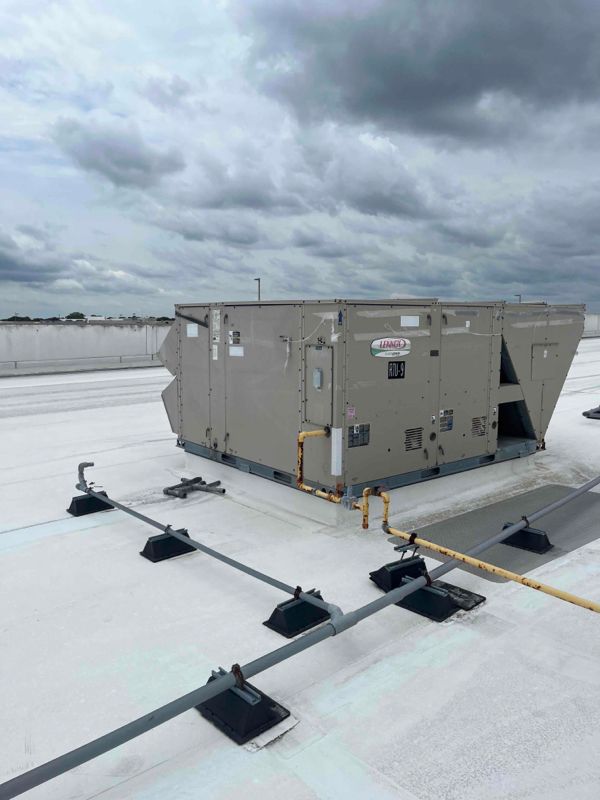
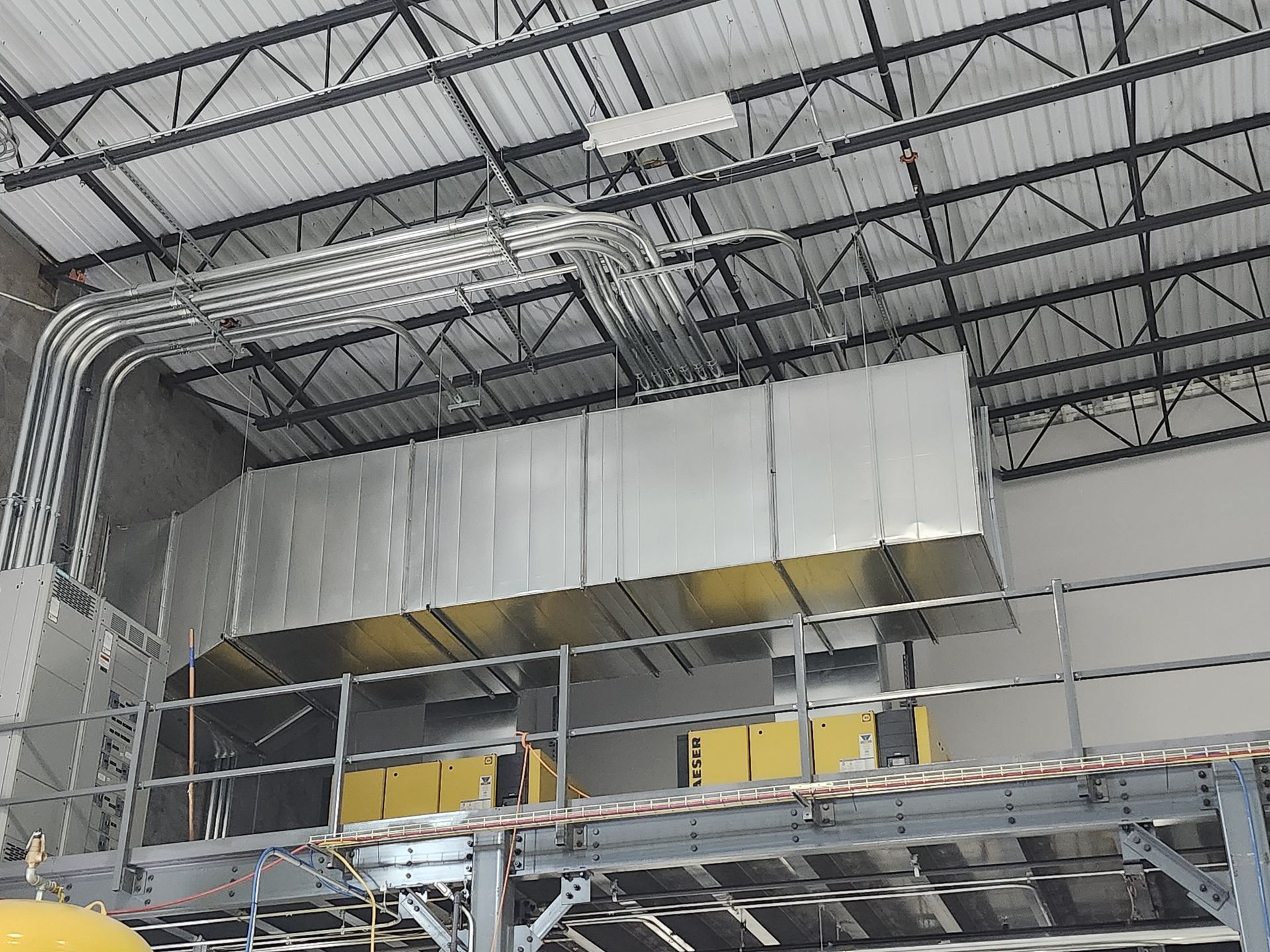
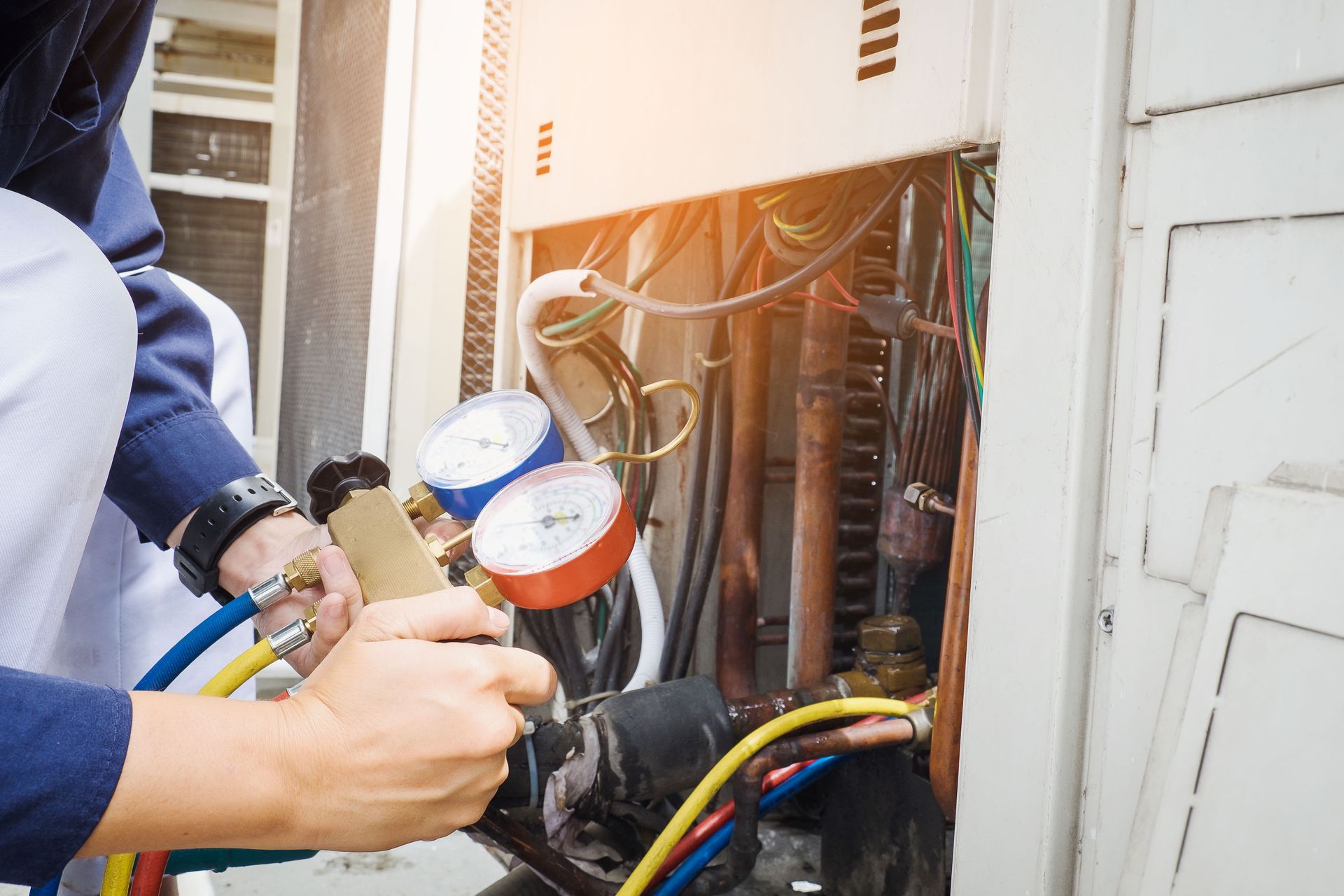
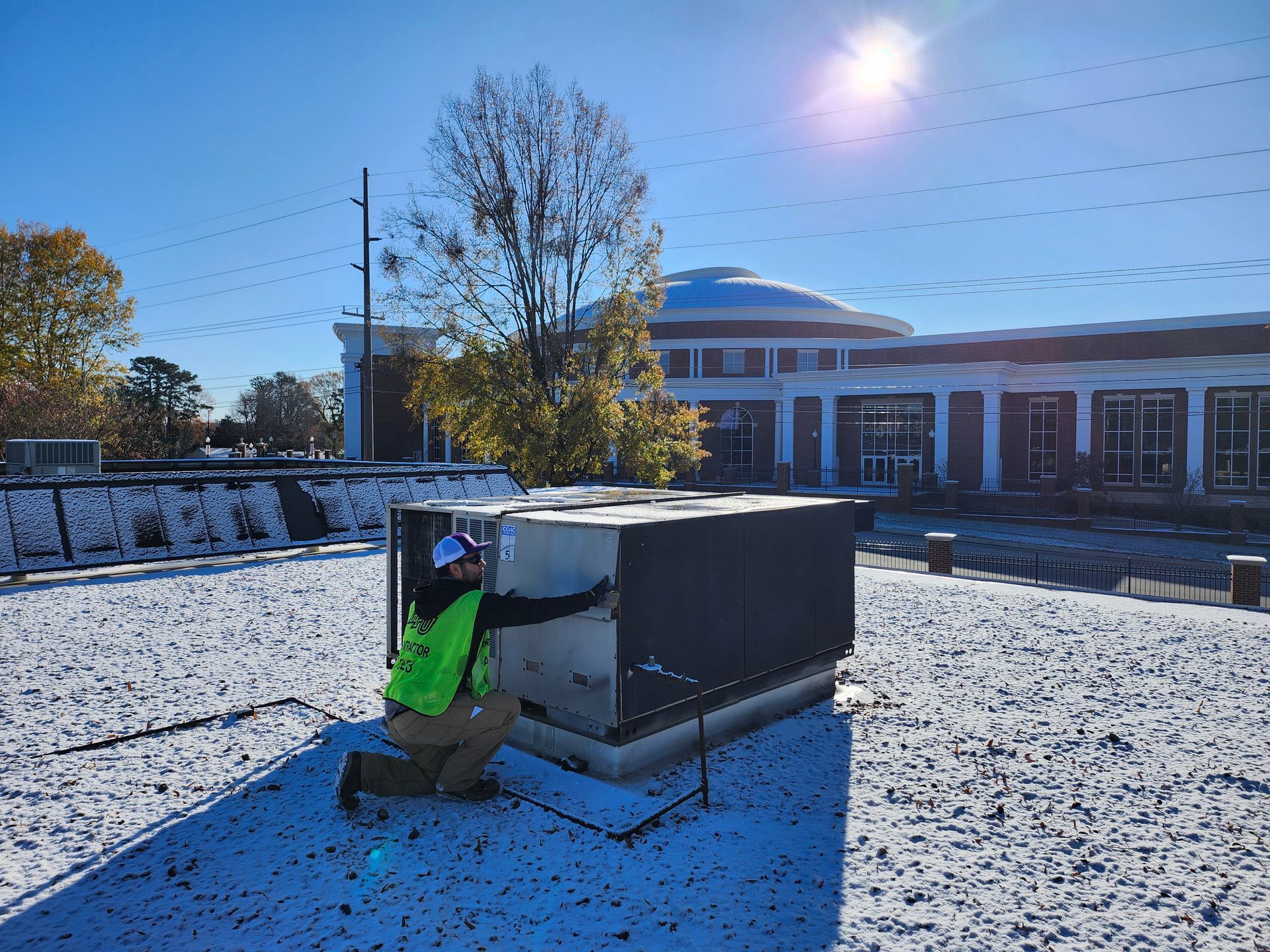
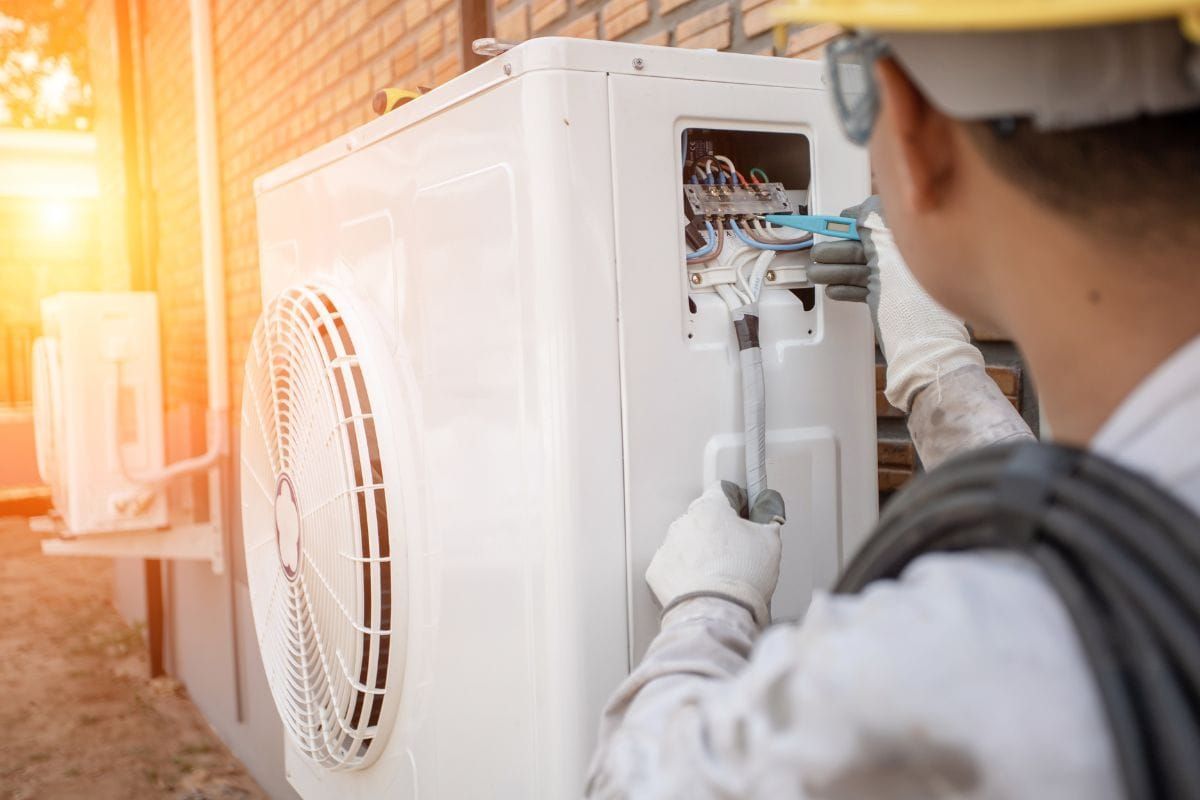

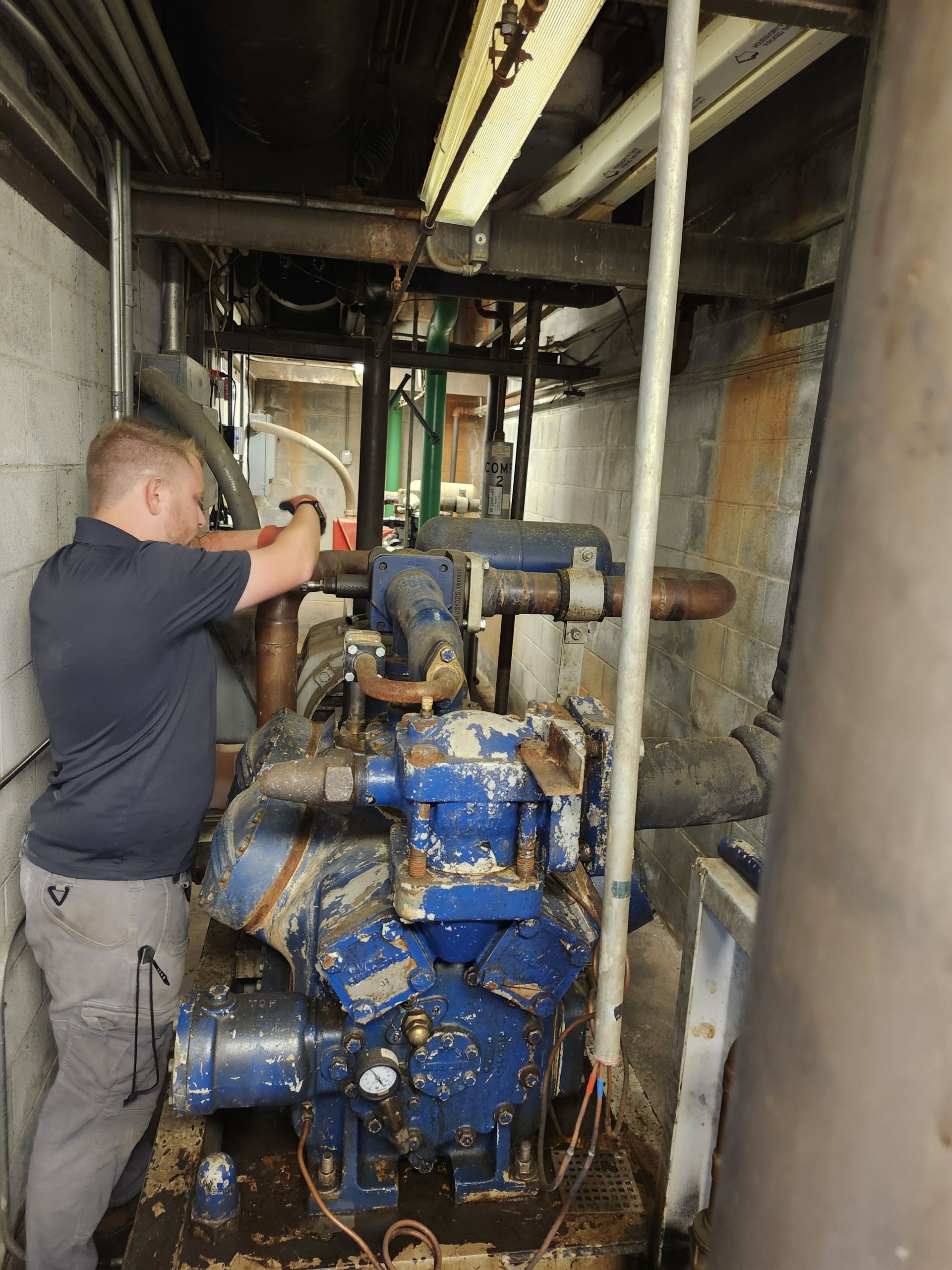
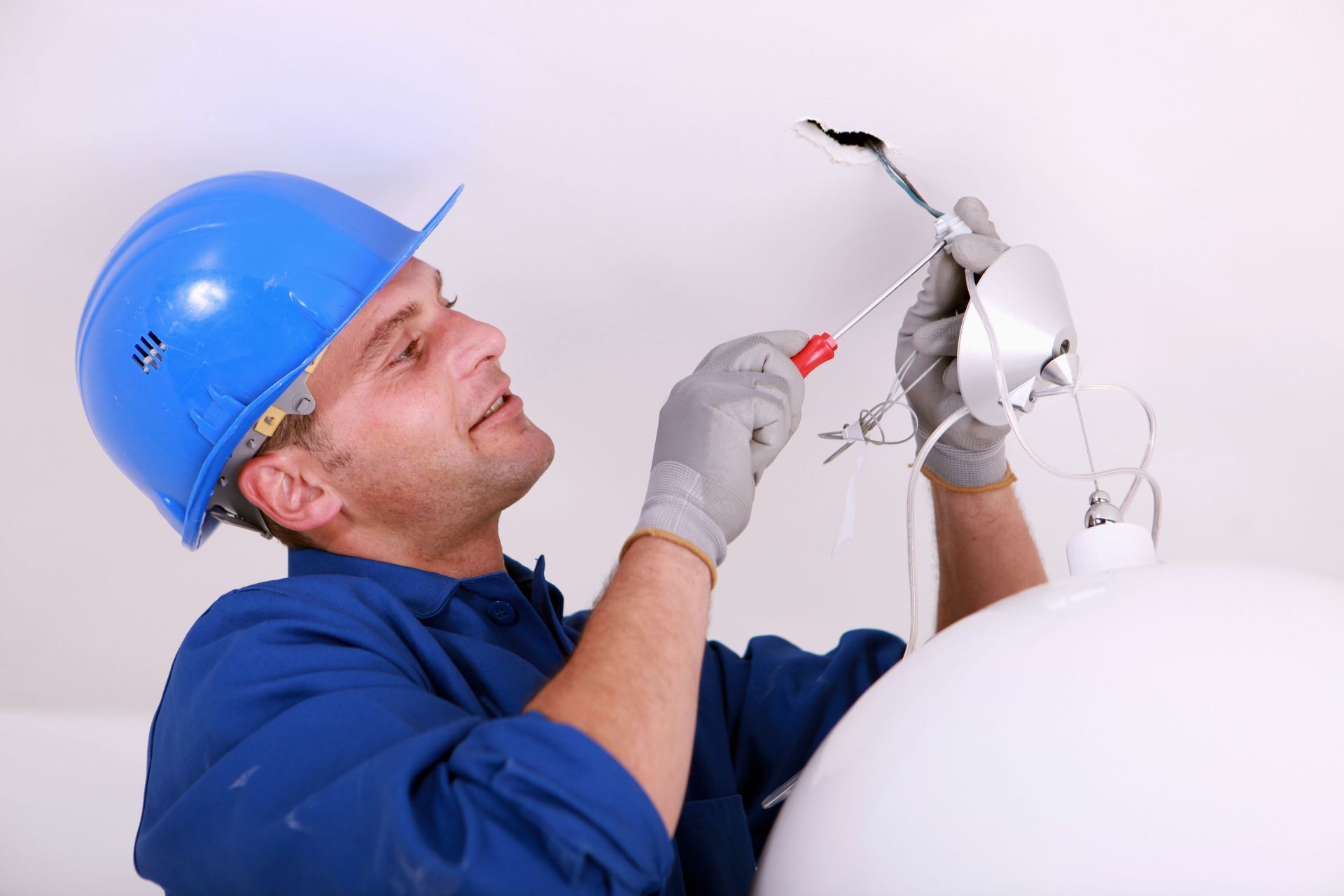
Share On: